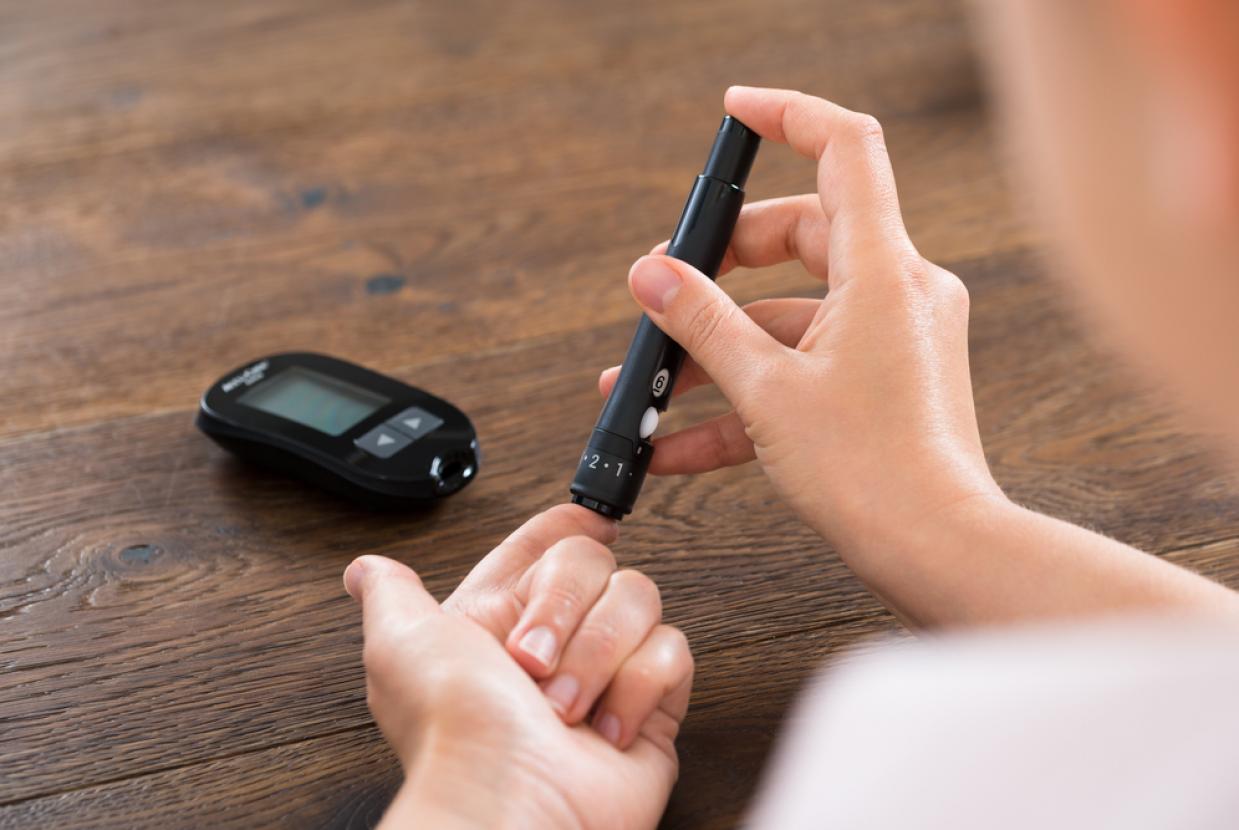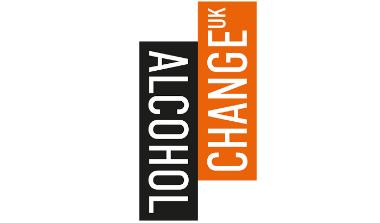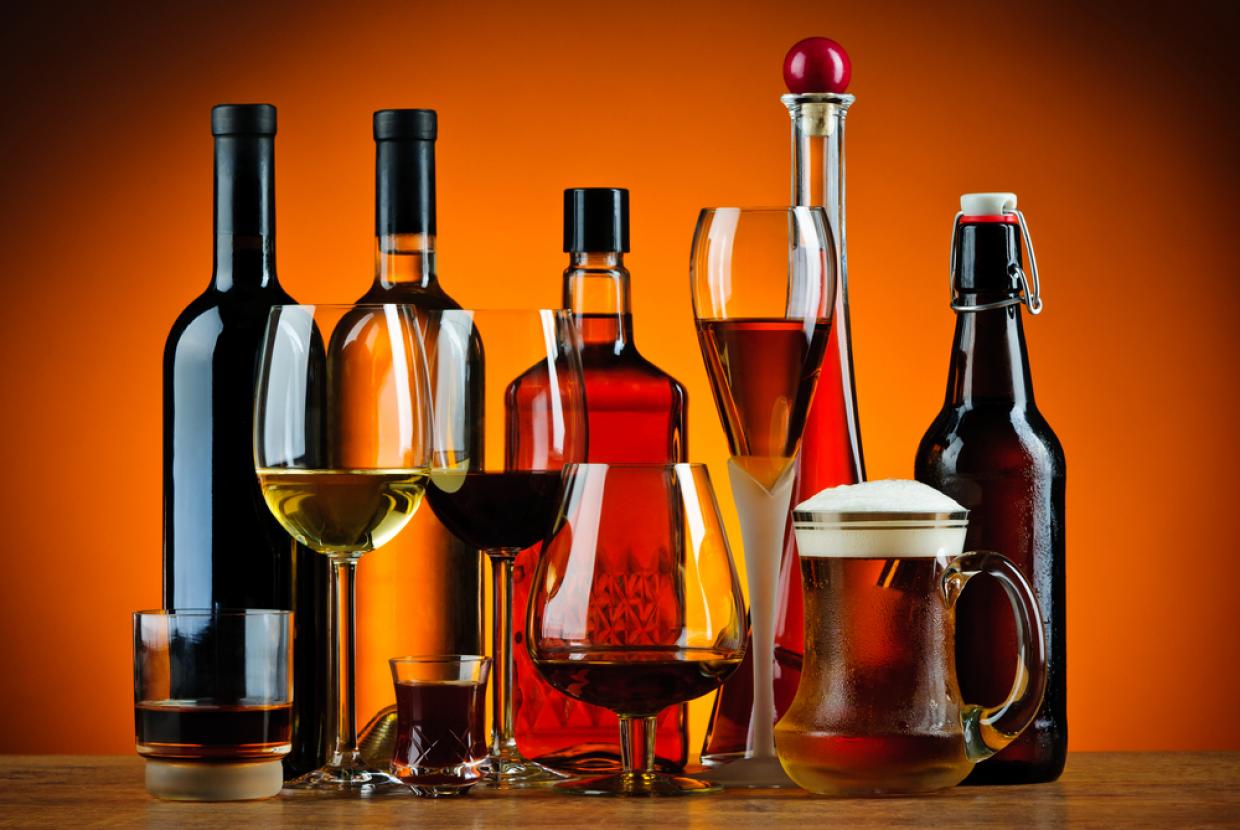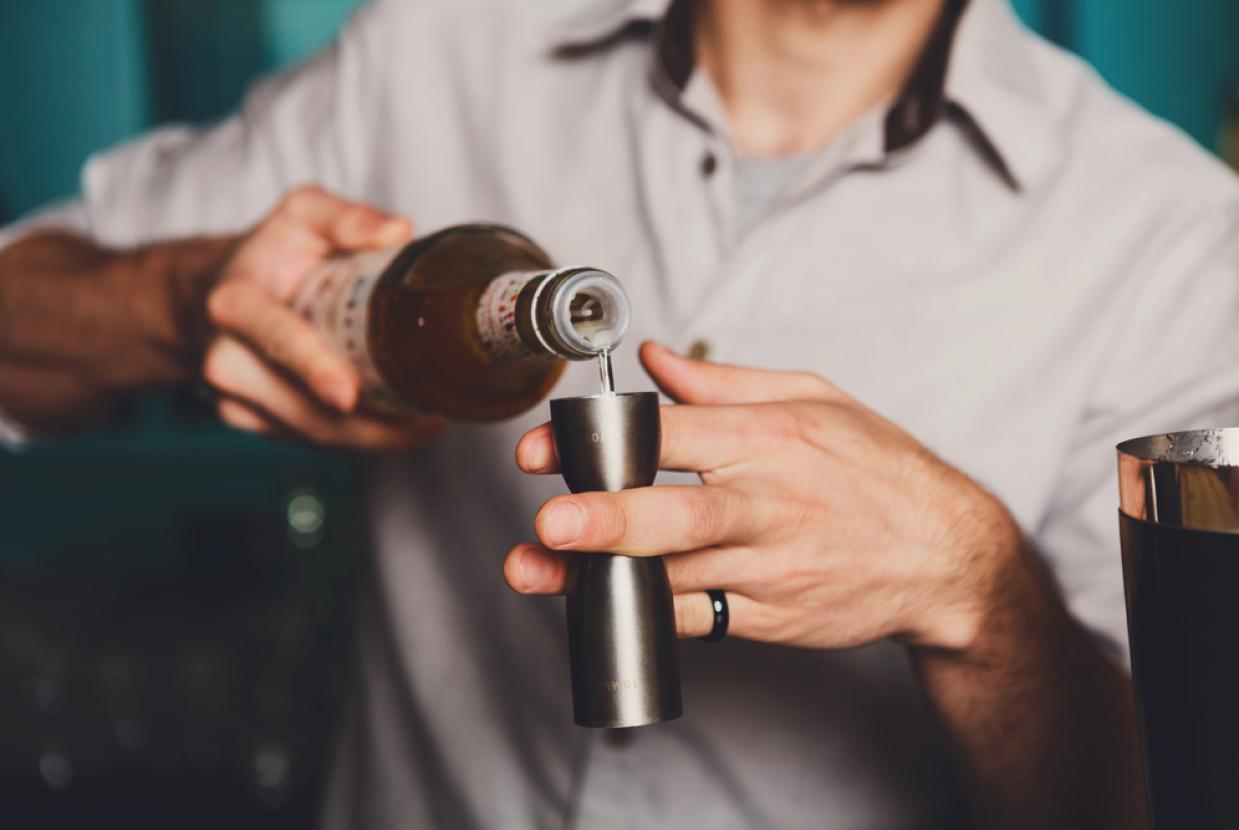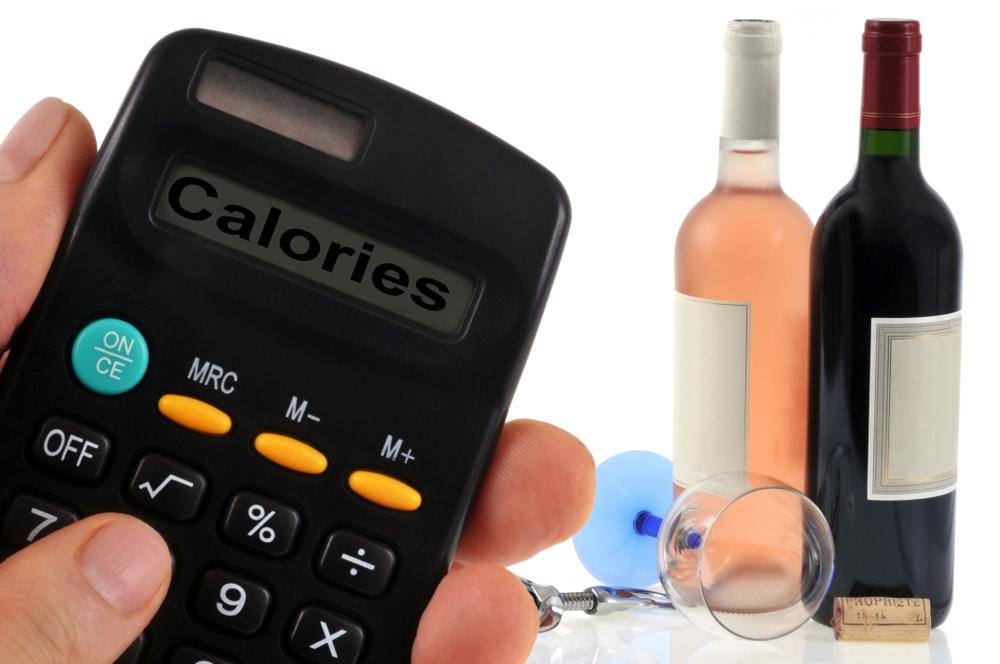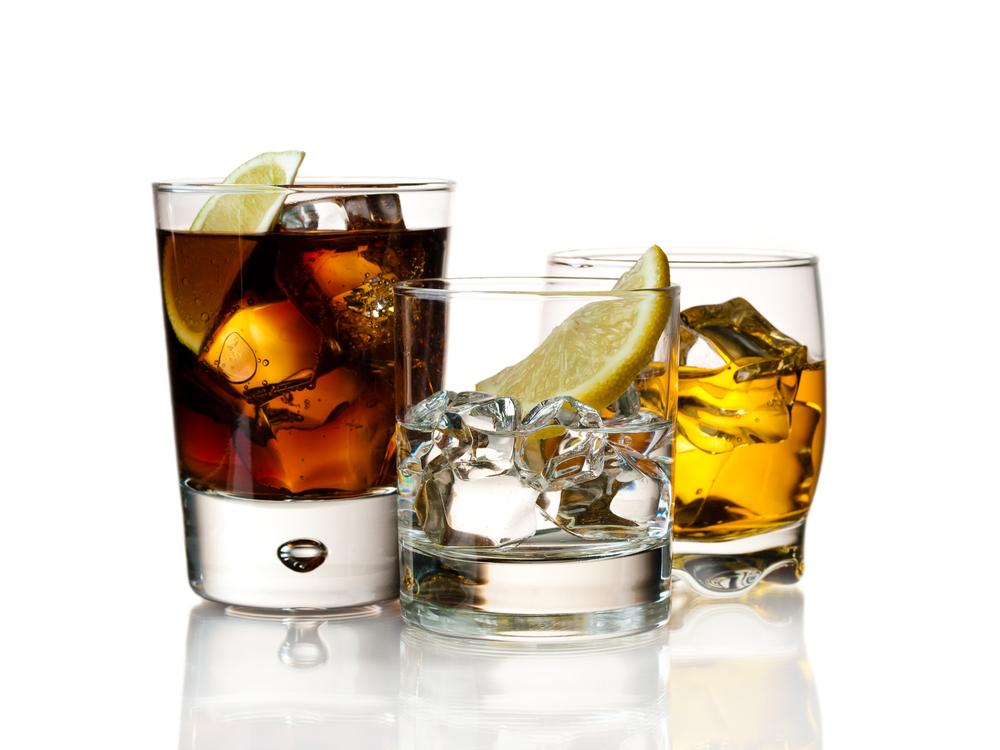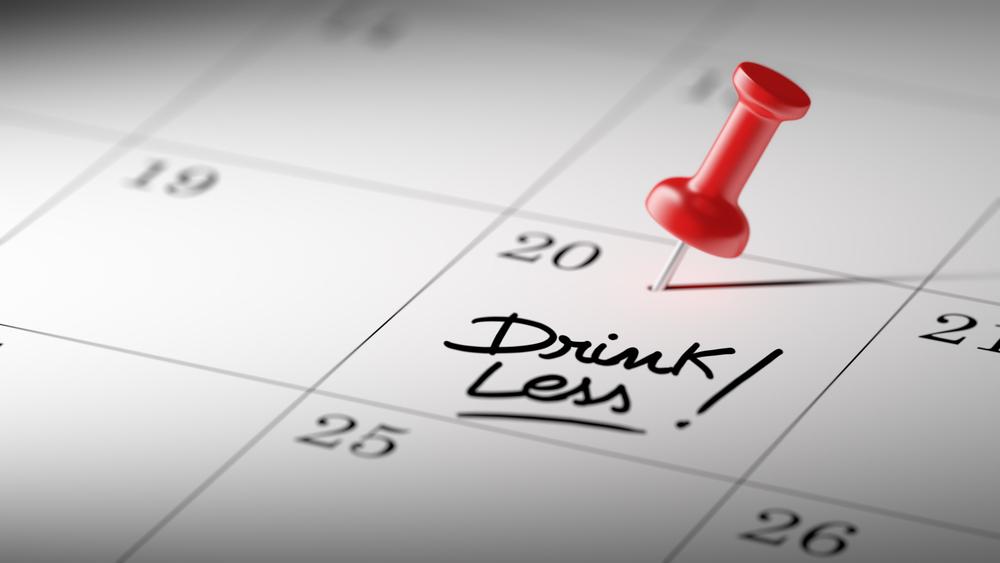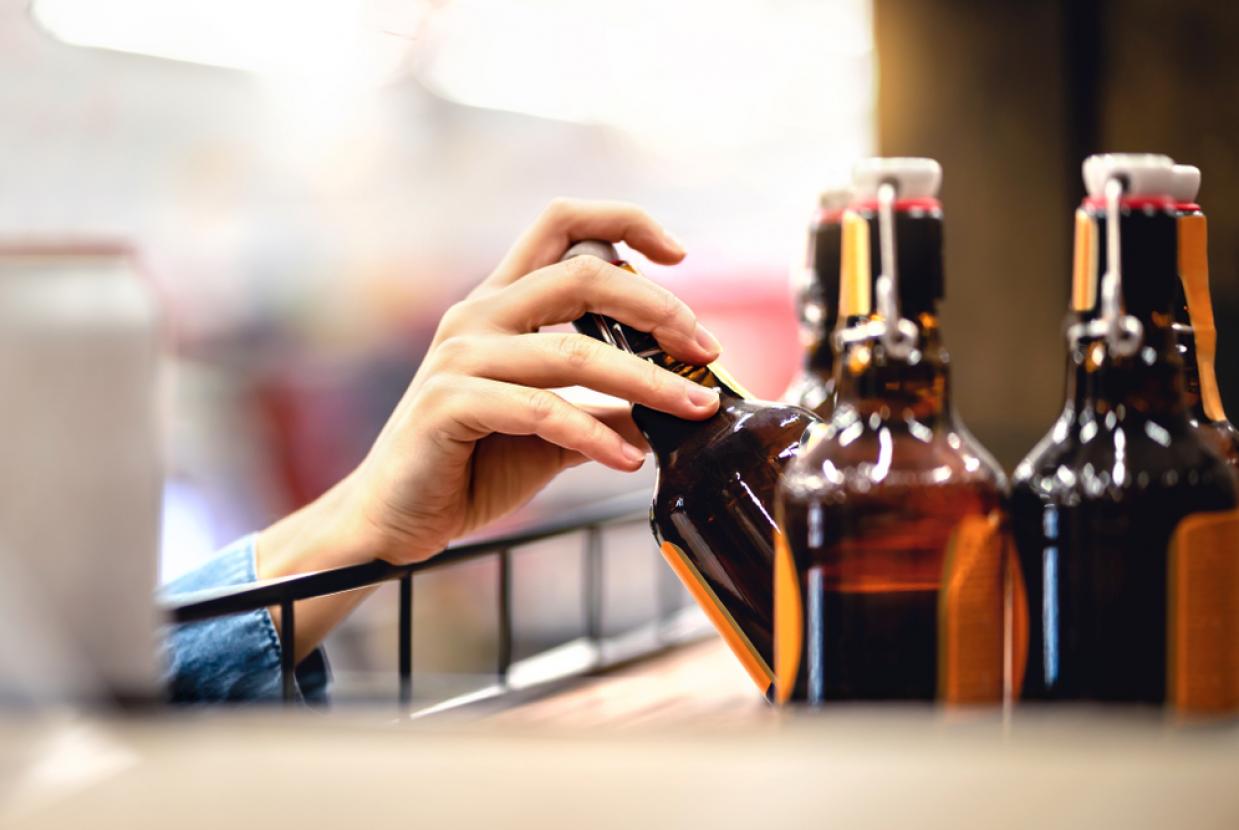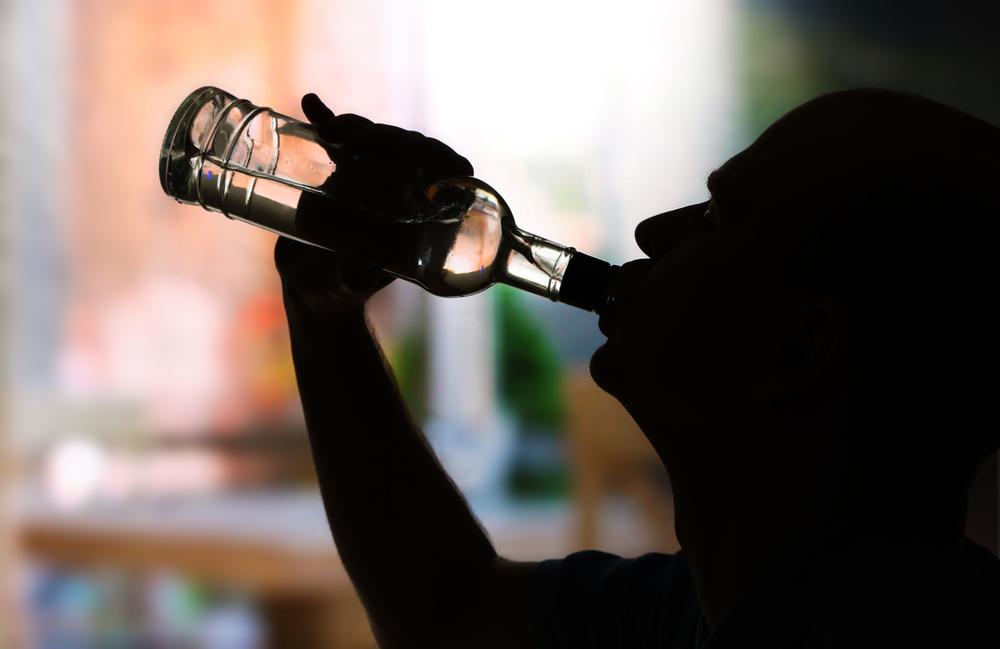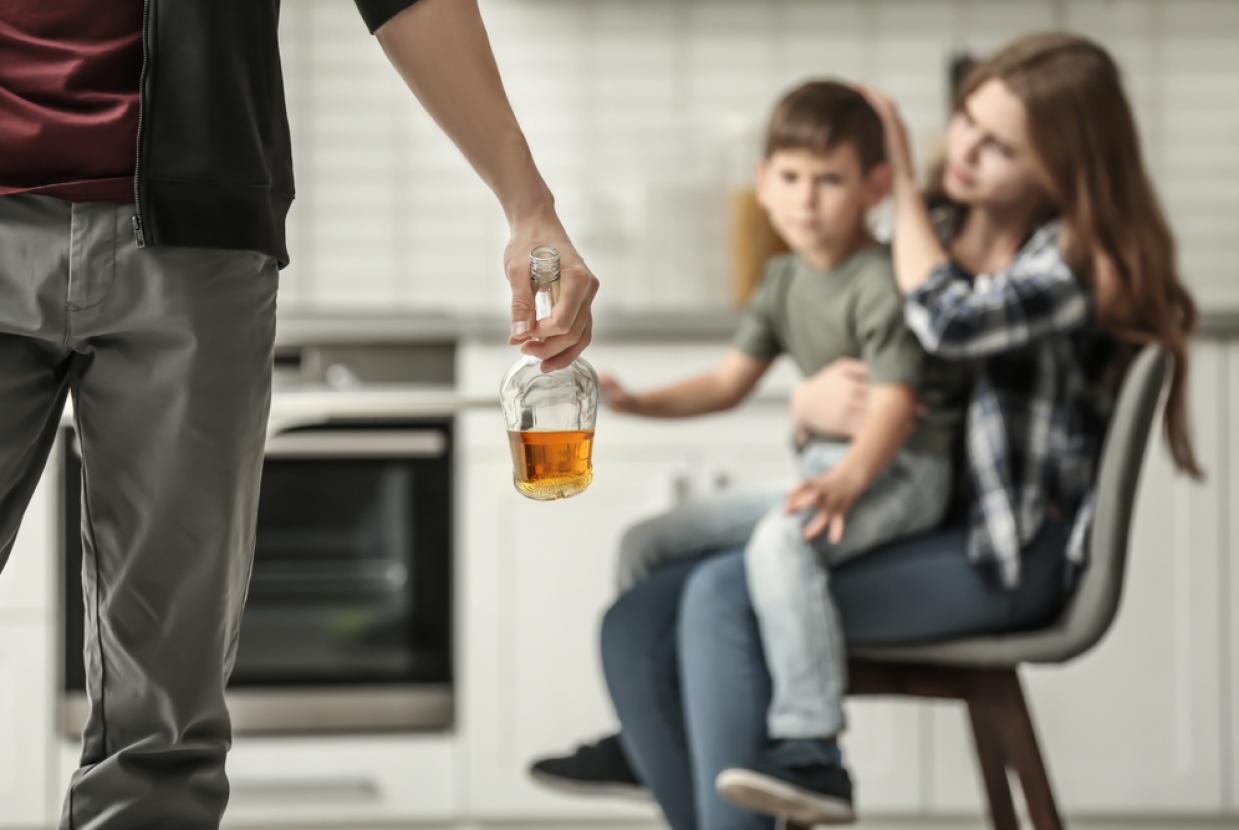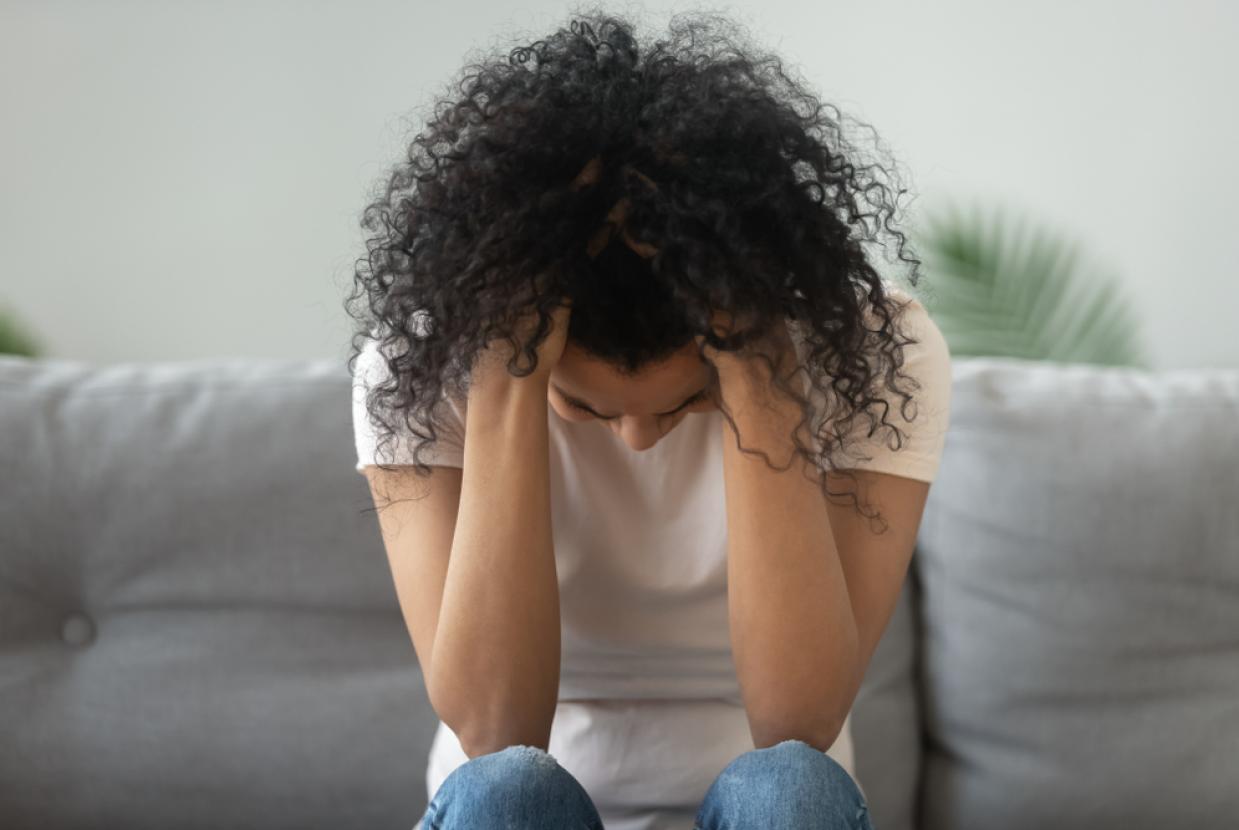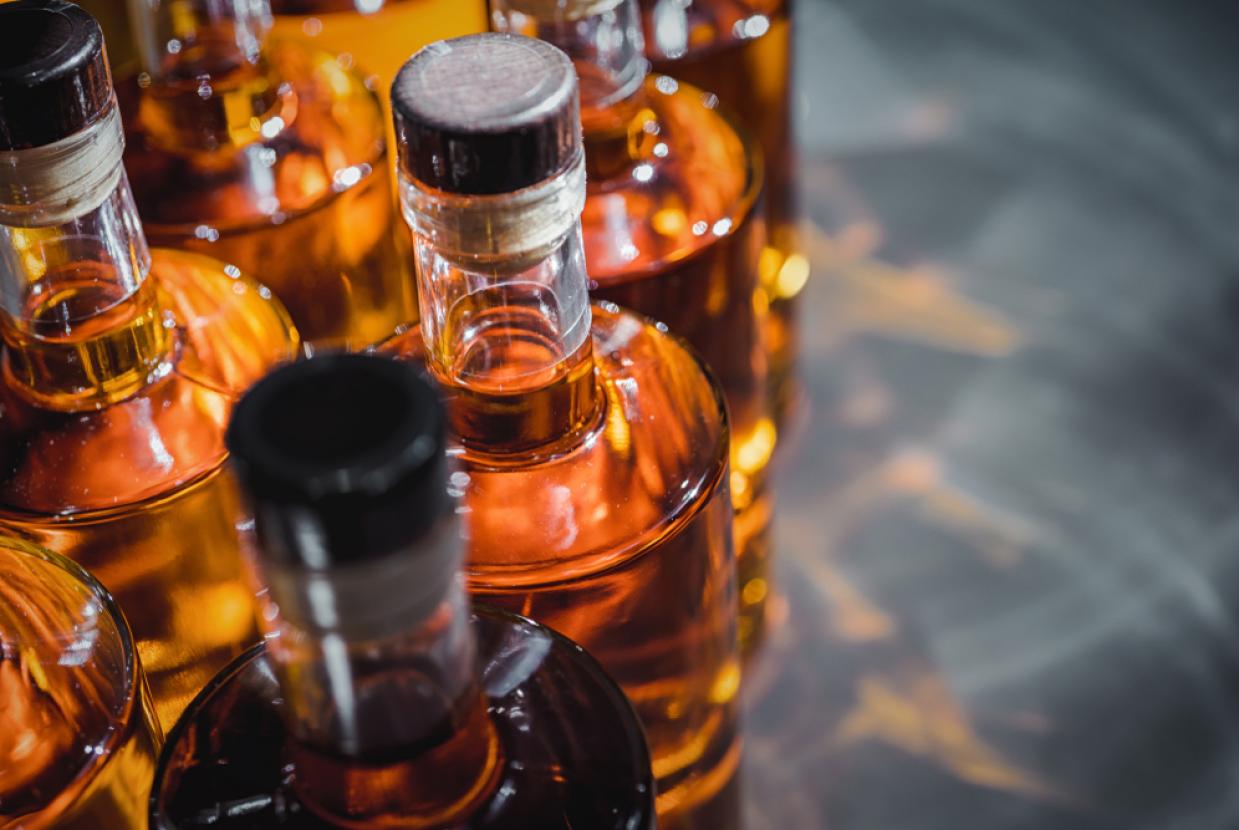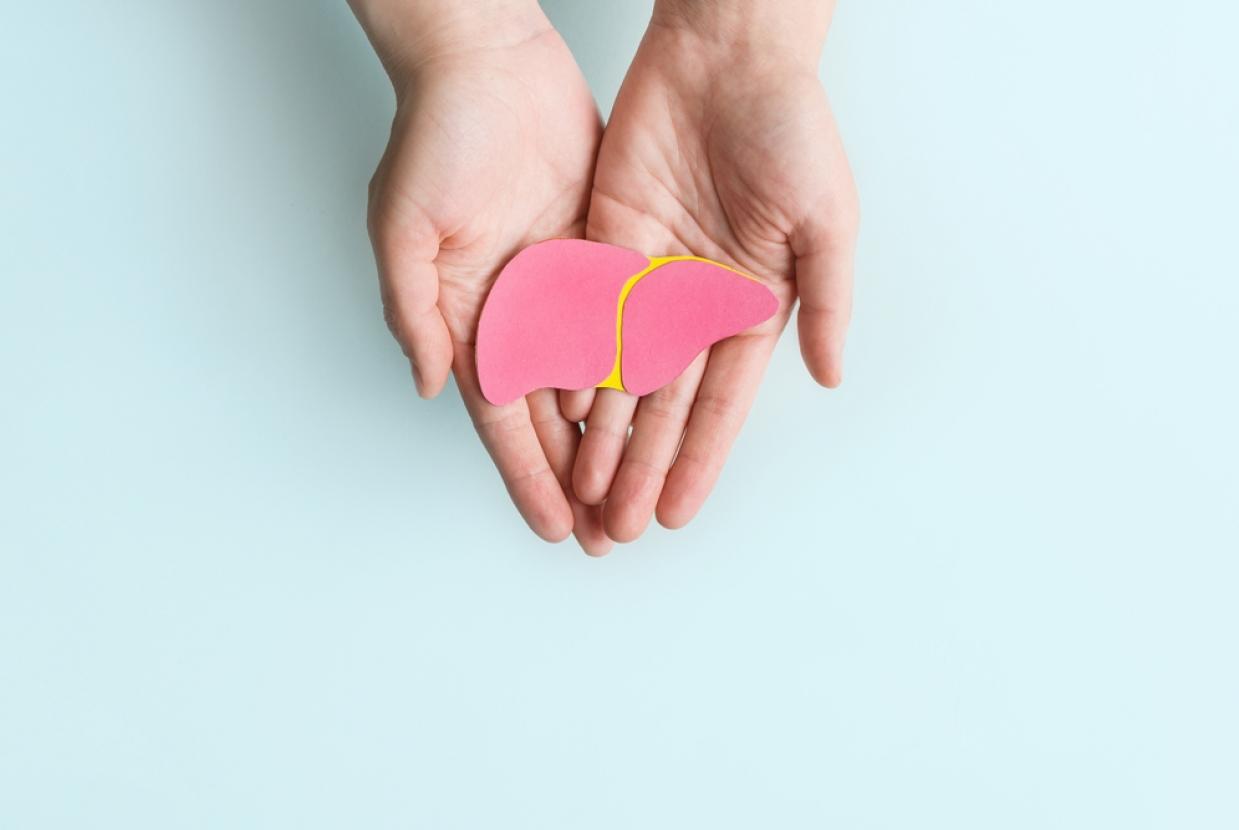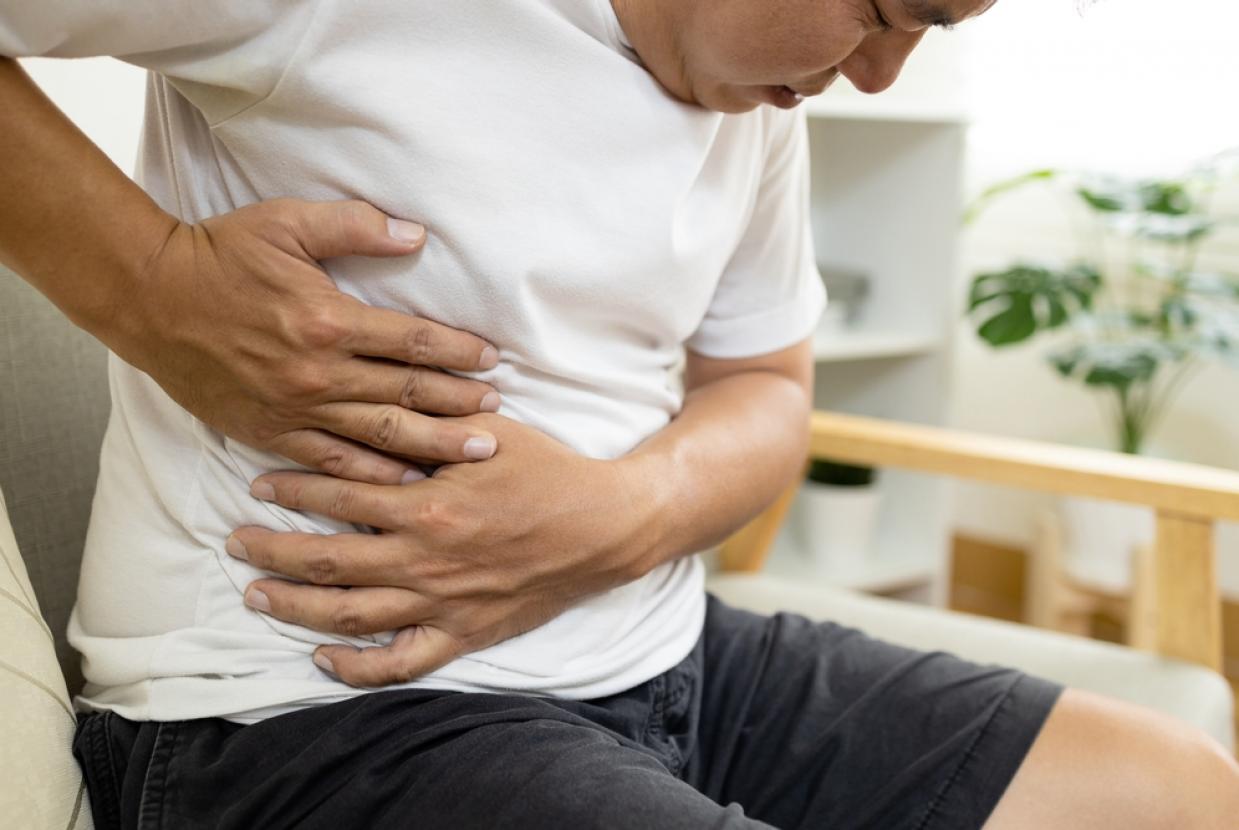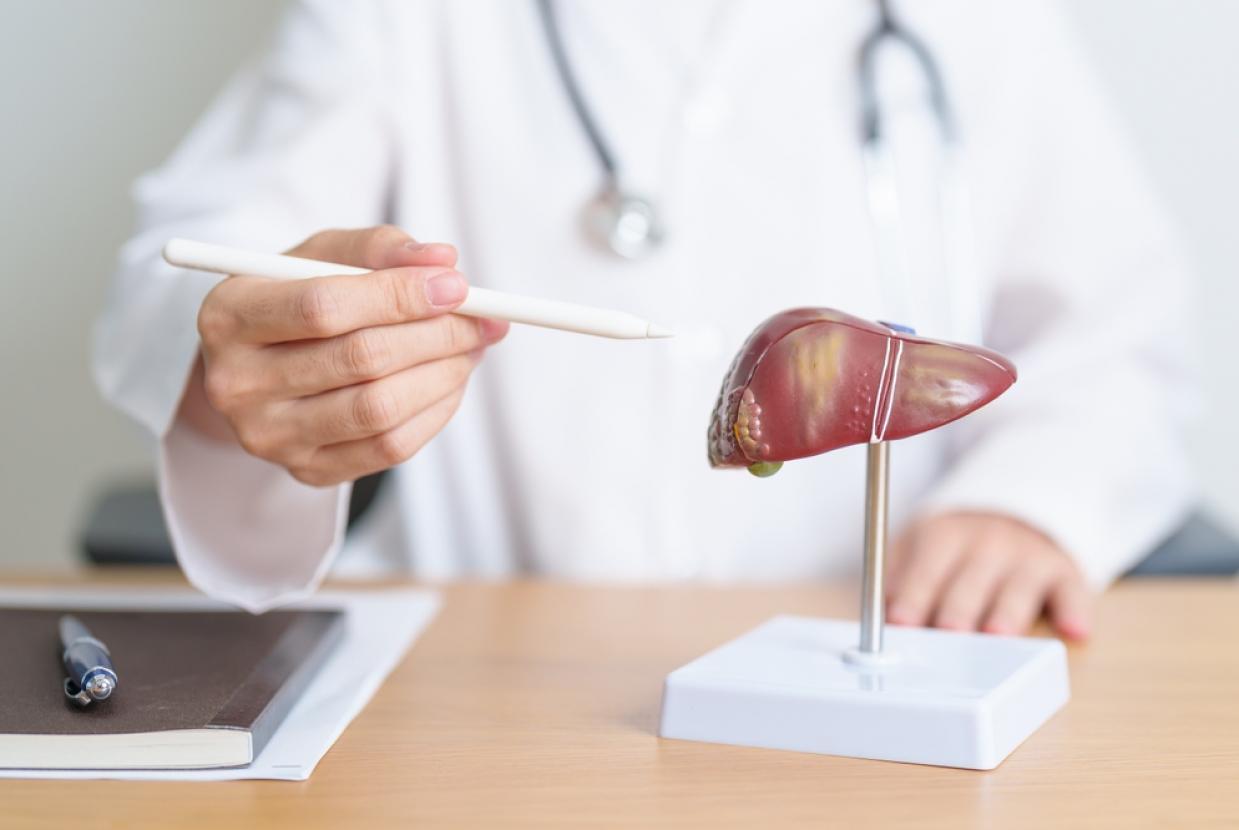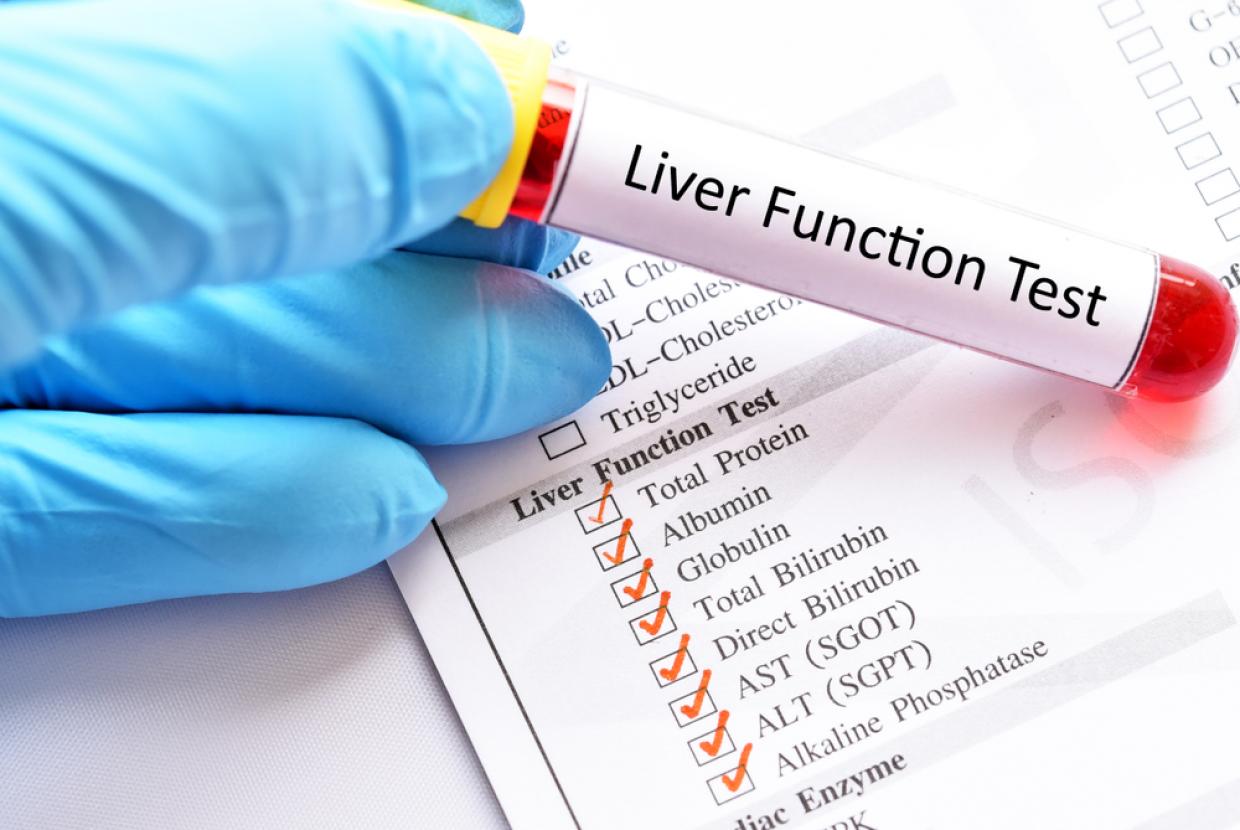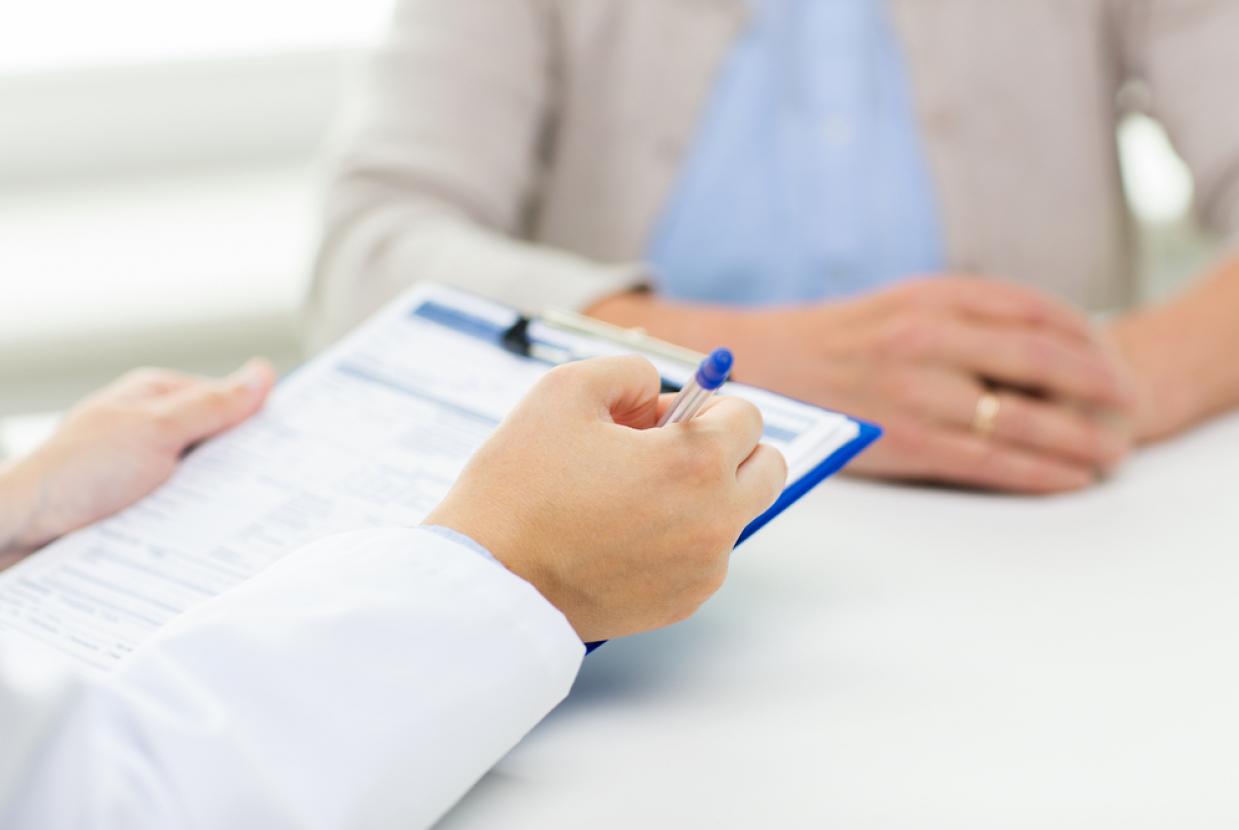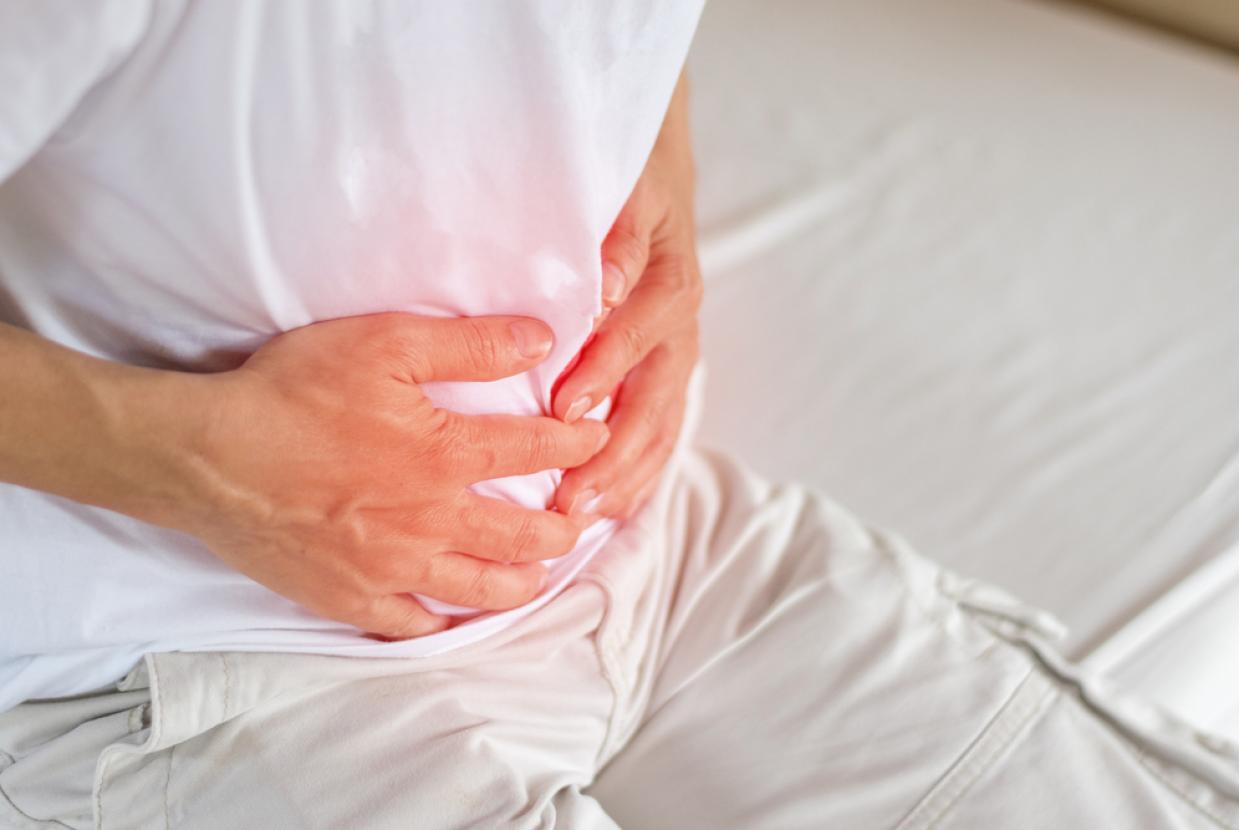Alcohol & Diabetes
If you have diabetes, moderating your alcohol intake is an important element of diabetes management. If you have diabetes, or are at risk of the condition, you do not usually need to give up alcohol altogether, but moderating your alcohol intake is an important element of diabetes management, and can also help you reduce your risk of developing Type 2 diabetes.
What is diabetes?
Diabetes is a condition in which sugar builds up in the bloodstream because the body can’t use it properly. There are two main forms of the condition:
- Type 1 diabetes: The body can’t make any insulin, the hormone needed to make use of sugar properly. Around 10% of people with diabetes have this form
- Type 2 diabetes: The body can’t produce enough insulin or can’t make it work effectively. Around 90% of people with diabetes have this form
Type 1 diabetes tends to develop early in a person’s life, but it’s not obvious what causes it. On the other hand, we know that Type 2 diabetes:
- Runs in families and is much more common among people of South Asian, African-Caribbean or Black African descent
- Is linked to having high blood pressure and/or being overweight
- Becomes more likely the older you get
Can alcohol increase my risk of diabetes?
There are two main ways in which alcohol can increase your risk of developing diabetes. Alcoholic drinks often contain quite a lot of calories, plus they can lower your blood-sugar levels, making you want to eat more. That means that drinking can lead to weight gain over time, which will increase your risk of Type 2 diabetes.
Long-term heavy drinking can cause pancreatitis, meaning that the pancreas becomes permanently damaged from inflammation and is no longer able to produce enough insulin.
The best way to keep your risk of diabetes as low as possible is to be physically active, eat healthily and, if you drink alcohol, drink in moderation. Try to stick within the Chief Medical Officers’ guidelines by not drinking more than 14 units of alcohol per week (about six pints of lager or a bottle and a half of wine) and spreading your intake over three days or more. Try to have a few alcohol-free days too.
The best way to keep your risk of diabetes as low as possible is to be physically active, eat healthily and, if you drink alcohol, drink in moderation.
Should I drink alcohol at all if I have diabetes?
The general advice about alcohol for anyone with diabetes is the same as the advice for anyone else – stick to the Chief Medical Officers’ guidelines. If you use insulin or tablets to manage your diabetes, alcohol can be potentially problematic in that it can lower your blood sugar. Combined with the blood sugar-lowering effects of your medication, this can produce dangerously low blood sugar levels, known as hypoglycaemia or a ‘hypo’. You can reduce your risk of a hypo by never drinking on an empty stomach, regularly checking your blood glucose levels and sticking within the drinking guidelines.


